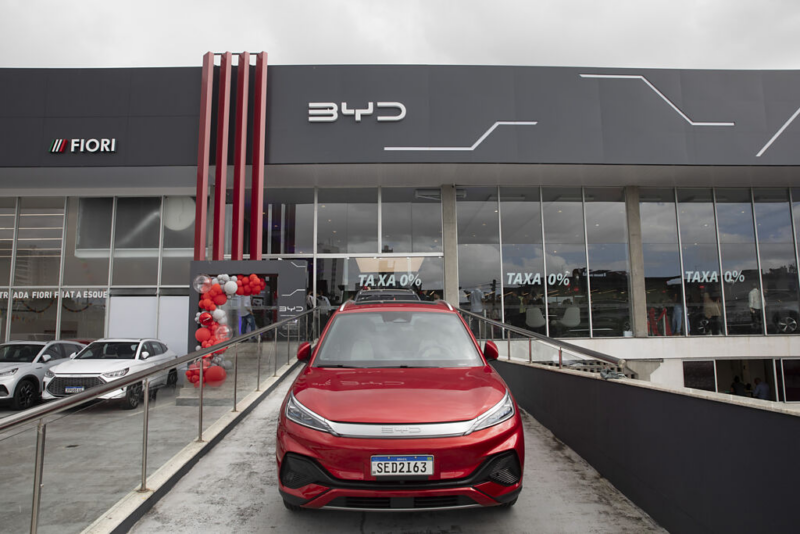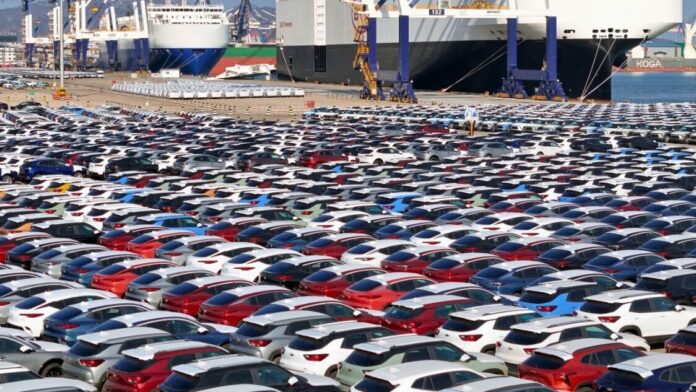According to a Reuters report citing Germany’s Handelsblatt newspaper, the European Union and China have begun negotiations over electric vehicle pricing that could potentially replace the EU’s current tariffs. This development comes as Donald Trump’s targeted approach to tariffs has inadvertently strengthened Chinese automotive presence in European markets while limiting their U.S. exposure.
EU spokesman confirmed Thursday that Trade Commissioner Maros Sefcovic has held talks with Chinese Commerce Minister Wang Wentao within the past 24 hours. Both sides have agreed to explore the feasibility of establishing a price floor for Chinese electric vehicles entering European markets.
China’s Commerce Ministry also confirmed in Beijing that relevant negotiations would “begin immediately.”
Commissioner Sefcovic has previously emphasized that any price floor arrangement must be equivalent to current tariff measures regarding effectiveness and verifiability. Since October 2023, the EU has been imposing tariffs of up to 45.3% on Chinese electric vehicles, prompting retaliatory measures from China that have particularly affected French cognac exports from brands such as Hennessy and Rémy Martin.
The timing of these negotiations appears significantly influenced by Donald Trump’s latest trade maneuvers. The former and potentially future U.S. president recently announced a three-month suspension of “reciprocal tariffs” against all countries except China, specifically signaling further tax increases on Chinese goods.
This targeted approach to Chinese imports has created an interesting dynamic in global automotive trade. With Chinese automakers facing prohibitively high barriers to the U.S. market, they have intensified their focus on European expansion, where, despite EU tariffs, they’ve managed to gain a growing market share.

Industry analysts note that Chinese auto exports to the United States represent a small fraction of their global export volume. European markets are becoming increasingly important for brands like BYD, SAIC, Geely, and others. The tariff environment created by Trump’s policies has effectively redirected Chinese automotive export strategies toward Europe rather than America.
“What we’re seeing is a classic case of trade diversion,” said an international trade expert who requested anonymity. “As the U.S. market becomes effectively closed to Chinese vehicles through punitive tariffs, manufacturers are doubling down on other markets where barriers are still manageable.”
The EU’s willingness to discuss alternatives to its current tariff regime suggests that European officials recognize the growing importance of finding a sustainable framework for trade with China, particularly as Trump’s policies create broader global trade tensions.
For Chinese automakers, the potential establishment of a price floor rather than percentage-based tariffs could provide more predictability for their European operations. This could allow them to adjust their business models accordingly while building market presence in what has become their most crucial export region outside of Asia.
The unintended consequence of Trump’s aggressive stance toward China appears to be strengthening Sino-European trade dialogue when the transatlantic relationship faces its own challenges.


